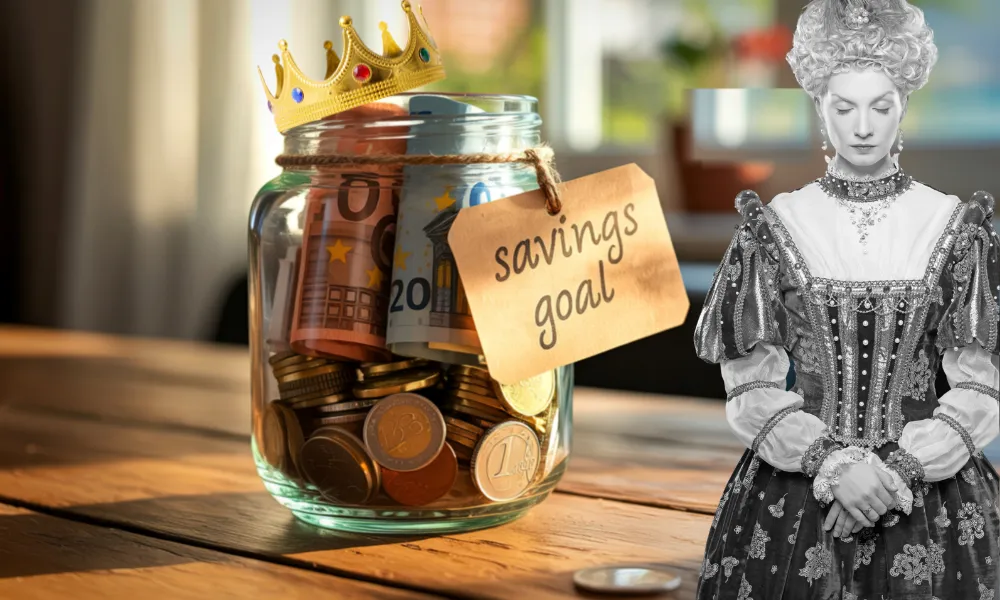Athena was mid-career change when she had to navigate a bigger mind shift: She was asset rich, but cash poor. To be in control of her life, make decisions to redirect her wellbeing, she needed to be cash rich. “It took me a year to get my cash flow in a place where I felt confident about my finances. It was a must-do exercise to have flexibility and choice to get my house in order. It was not an easy task; it involved paying off expensive debt, sustaining a household, and getting kids through college whilst changing jobs.
To be in control, I had to be strategic and not impulsive. It meant getting into a position of telling my money where to go, rather than chase where it went. It meant I had to observe my habits, to track how I spent, and to say NO to myself on expenses that were not on budget or planned. It was like looking at myself in the mirror and having honest conversations with myself about my life choices and money habits.”
Success starts with habits
Cash is Queen, and it reinforces the mantra of taking life forward rather than letting life take us where it wants. We live in a world that is shifting; it is volatile and inflationary (prices keep going up). Cash flow makes most choices accessible.
Why is it so difficult to confront our money habits? Why is it so hard to be self-disciplined to tell our money where to go rather than chase where it went?
Neuroscientists link our money spending habits to our brain and how it is trained to respond. “The power of Habit” - a book written by C. Duhigg and premised on an MIT based research by Graybiel et al – says that Habits, including financial ones (like impulsive spending or avoidance to budget) are encoded in the basal ganglia, the brain region responsible for routines and automatic behaviors.
Once we reinforce them, once these become intentional, then they go on “autopilot” and resist conscious control. There is abundant research that links money habits to our brain power. Are you ready to train your brain, to observe money habits and say NO to impulse buying?
Why cash flow rules
When we talk about cash flow management, we don’t mean savings accounts, investments, or owning real estate. These are important but are the outcome of dynamic cash flow management. We mean the balance of money coming in and going out each month – with an eye on what is coming next for the week, the month, the quarter, the year.
It is about paying bills and debt comfortably and having enough capacity to save and invest. Good practice in cash flow management points to a 50-20-20-10 rule. It is strategic thinking and allocation for needs, financial security, lifestyle wants and investing.
Strong cash flow and forward looking mapping of needs and wants means that you are in charge of your money: you can comfortably cover your essentials, while leaving breathing room for saving, investing and enjoying life. Weak cash flow means constant juggling, no matter how much wealth you may have on paper. You can be asset-rich but cash-poor and it’s the cash flow, not the assets, that decides whether you can actually sleep at night.
Make your cash flow habits your shock absorber as life takes unexpected twists and turns.
What is the ultimate luxury?
Having access to cash, foresee expenses, deal with emergencies, and shift decisions is the ultimate luxury: choice and flexibility.
- Track what matters. Be clear on your income and essential outgoings.
- Track your spending habits and learn to say NO. Trim and flex. Keep some expenses adjustable so you can adapt quickly when prices rise.
- Plan for scenarios. Ask yourself: what happens if my costs climb 10, or if income dips? Prepare before it happens.
Global uncertainty is here to stay. You can’t control politics or markets, but you can control how your money moves through your life. Focus on cash flow, and you’ll not only withstand financial shocks, you’ll create the stability and freedom to thrive, no matter what’s happening in the world around you.
